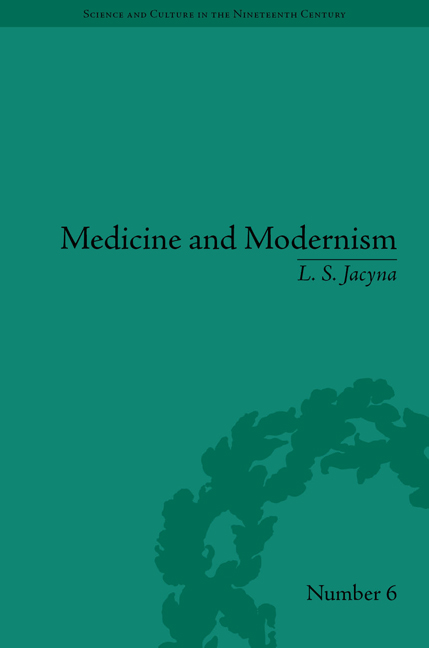4 - Ruth and Henry
from Part 2
Summary
Among the Head papers is a perplexing letter written in the autumn of 1898. It reads:
Dear Miss Mayhew,
You will wonder how I a stranger, venture to address you on a matter of so private a nature, but believe me, it is because I too have suffered that I feel compelled to speak to hinder perhaps greater suffering for you.
It has come to my knowledge that you receive visits from, that you correspond with, a friend, and that these visits, these letters are approved of neither by your parents nor his. Oh, I beseech you, pause and consider, before it is too late. You occupy a responsible position. Your girls look up to you. Do not lower yourself in their eyes.
Then, oh forgive me if I pain you – but is not this friendship, in his life, at most a pleasing episode? But may it not become in yours, an absorbing interest?
Renunciation is hard, I know it – but dear friend believe me, it is by renunciation alone that we can attain to Peace.
My husband and I would welcome you at Richmond. Perhaps if you would let me talk to you a little face to face, I could help you, for indeed, I feel for you and long to help you.
The letter is signed ‘Dorothea Ladislaw’.
A previous reader of this document dismissed it as the work of a ‘nosy parker’. The letter is, in fact, written in the hand of the purported addressee. The existence of a draft version shows that Mayhew took considerable trouble in its composition. Moreover, ‘Dorothea Ladislaw’ is the name of a character in George Elliot's Middlemarch. In the novel, Dorothea developed an attachment to Will Ladislaw whom she marries only after many misadventures and difficulties. Ruth Mayhew (1866–1939) was thus addressing herself in the person of a fictional person with whose story she evidently felt some affinity. The fact that Mayhew should employ such a device in order to articulate her own condition says much about the centrality of imaginative literature in the way she interpreted her own place in the world.
- Type
- Chapter
- Information
- Medicine and ModernismA Biography of Henry Head, pp. 153 - 194Publisher: Pickering & ChattoFirst published in: 2014



